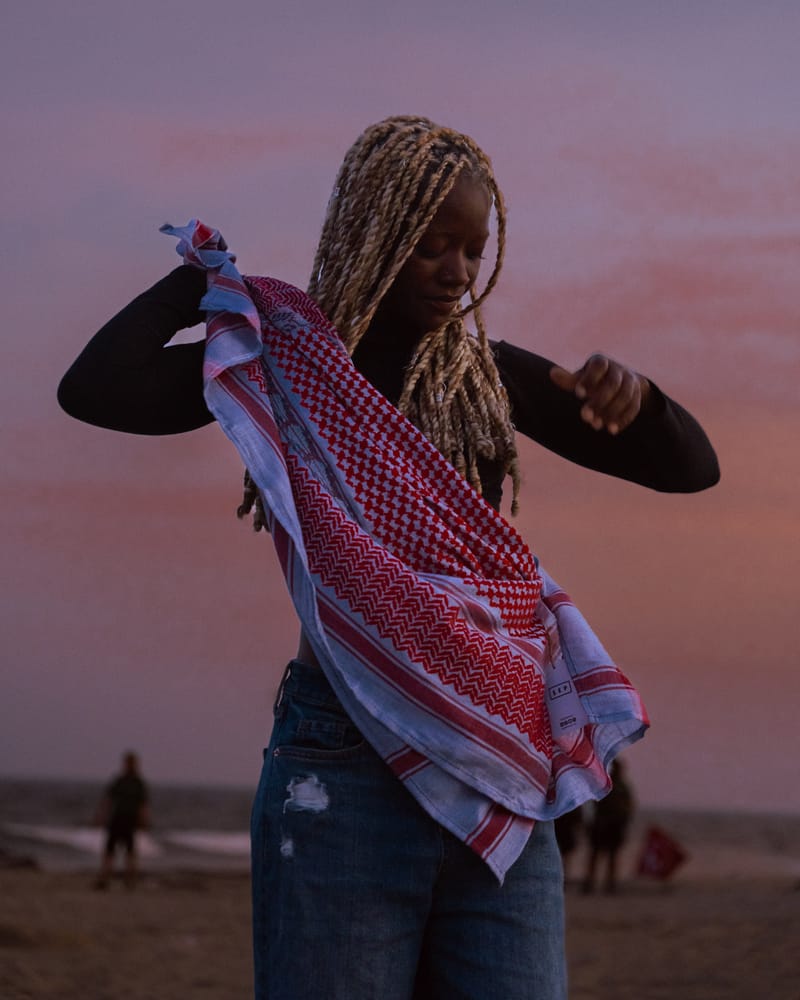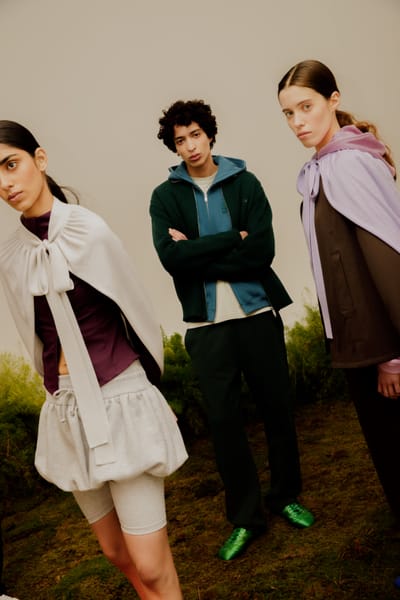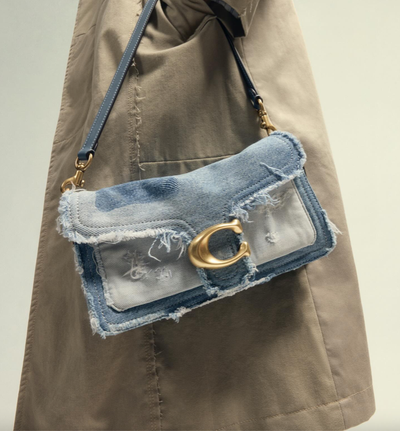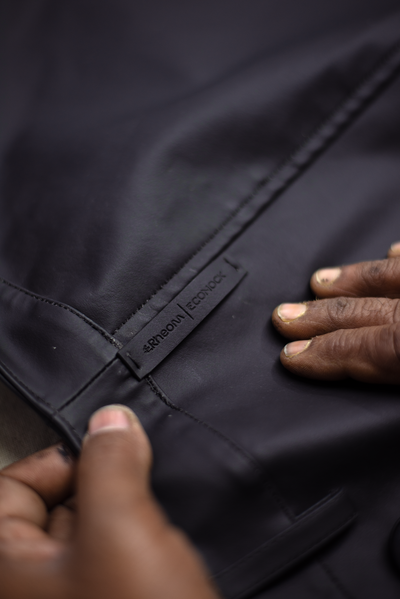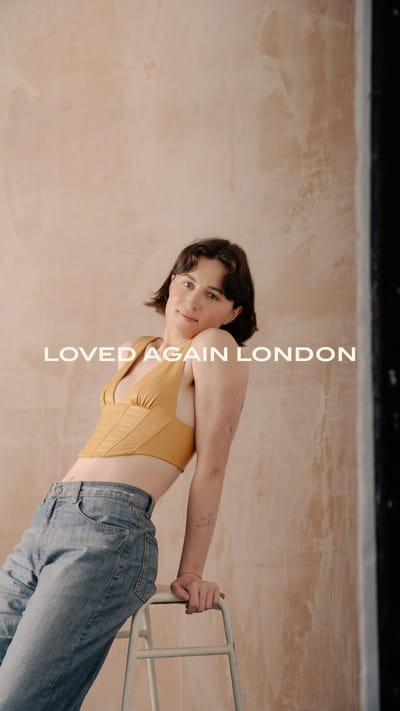Founded in 2013, SEP employs more than 500 refugee women, providing long-term, fairly paid work by reinterpreting traditional Palestinian embroidery for contemporary fashion. Its ethos—dignity through work, not aid—has made SEP a leader in social enterprise, bridging heritage craft with global design. For founder Roberta Ventura, this latest collaboration reflects the project’s core mission and its global resonance.
“I was struck by the extraordinary talent and resilience of women in Jerash ‘Gaza’ Camp,” Roberta Ventura, Founder of Social Enterprise Project (SEP) explains. “Their magical embroidery carried centuries of heritage, yet they largely relied on humanitarian aid. SEP was born to change that dynamic — to create dignity through work, not charity — and to bring this artistry into dialogue with contemporary design.”
That founding principle continues to shape SEP’s approach to every collaboration. “Every collaboration must generate fair income, visibility, and recognition for the SEP Artists. Together for Palestine represents leading figures from music and art, coming together to raise vital funds for humanitarian aid and to create a powerful public expression of solidarity with the Palestinian people. T4P invited SEP to be part of the event with exclusive legacy pieces that honour both craft and cause.”
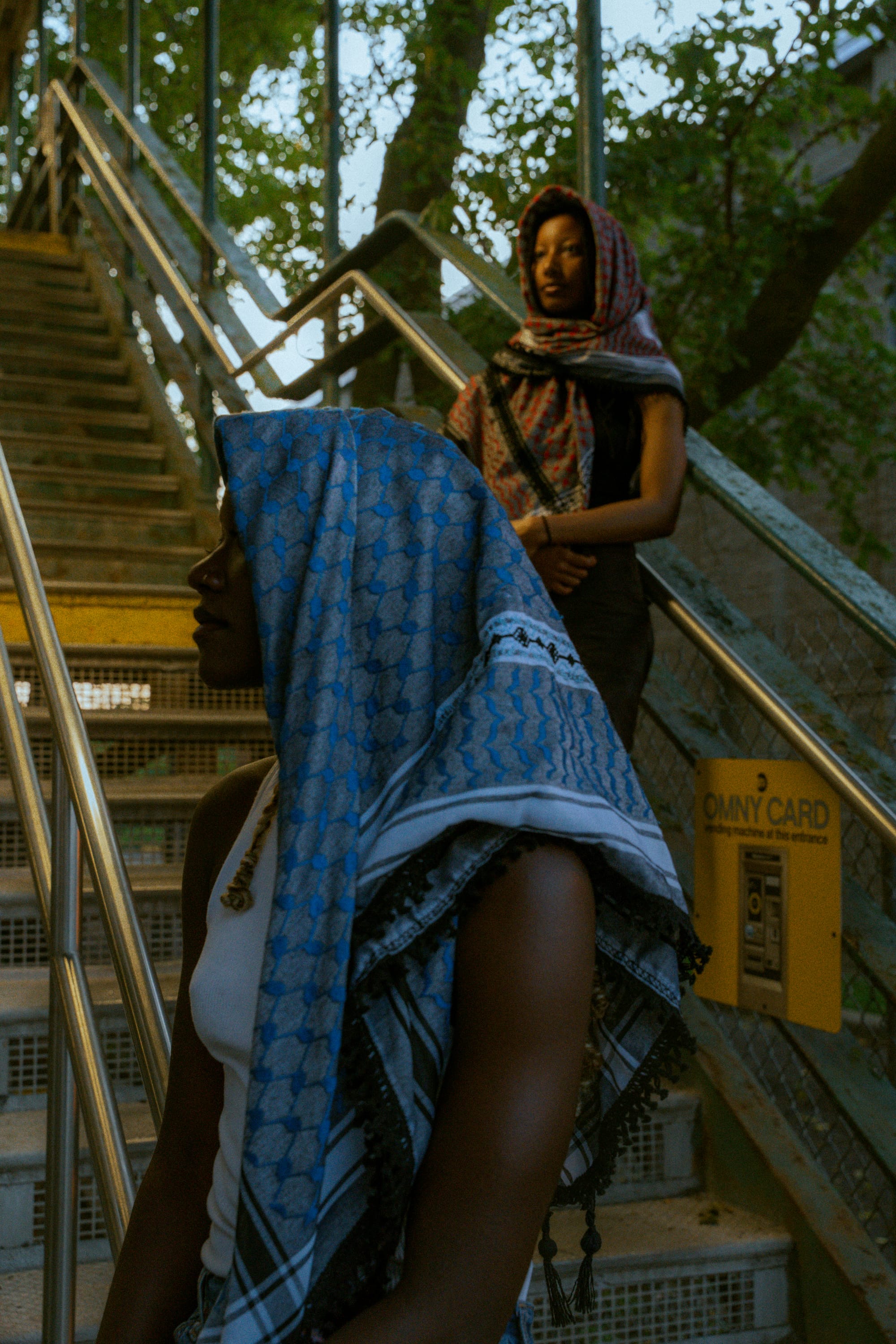
For Ventura, fashion is an immediate language of solidarity. “What you wear enters every room before you speak. The keffiyeh carries history, identity, and resistance — and through SEP’s reinterpretation, it becomes both a personal statement and a collective tool to restore dignity. It is not just about Palestine – it’s about taking a stand for our civil liberties and for freedom, justice and dignity for all.”
The invitation to contribute to the UK’s largest Gaza fundraiser is deeply significant. “Most of the SEP Artists are 1967 Gaza refugees, meaning their families moved to Jordan to seek protection after the 1967 war in Gaza and are still refugees, 58 years later,” says Ventura. “To see their work represented on a stage that speaks to solidarity, culture, and humanity at scale is profoundly moving.”
For the concert, SEP has designed four keffiyehs, each with its own palette and motif. “We drew inspiration from the concert’s palette and atmosphere,” Ventura notes. “Each piece is crafted in limited numbers, with hand-embroidered motifs that reinterpret heritage for a contemporary audience. No two are alike — each keffiyeh is as individual as its maker and carries the signature of the embroidery Artists on its hangtag. The Artist’s name creates a powerful connection between the Artist and the owner of the piece.”
The stories of the women behind the work remain central. “Too often refugee women are reduced to numbers. At SEP, their identity is celebrated,” she emphasises.

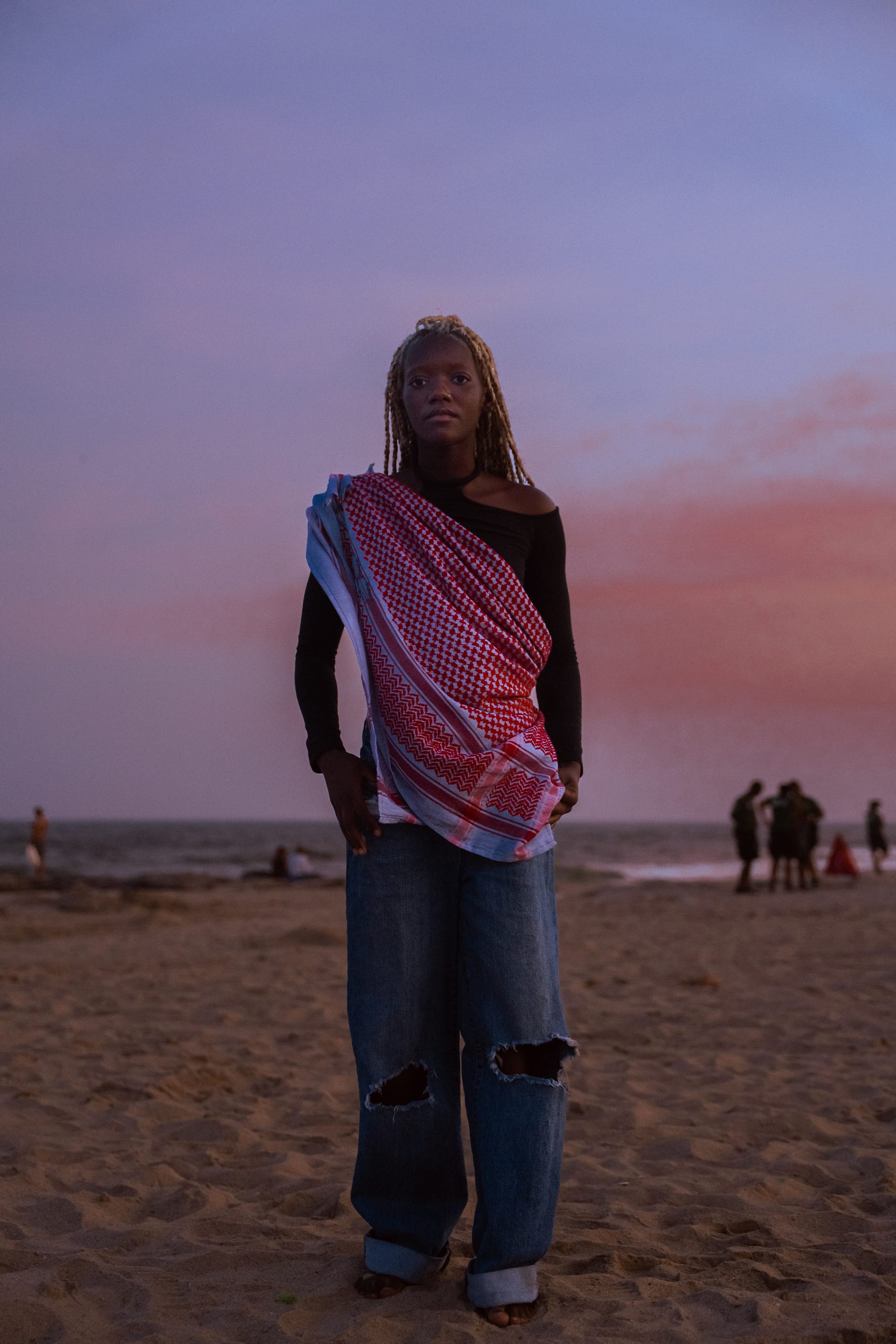
This ethos is mirrored in the collective energy of the event, where SEP joins global designers and artists in solidarity. “It shows that the creative community is capable of unity and purpose. Different design languages, one shared commitment: to amplify Palestinian voices and ensure fashion is not neutral when humanity is at stake.”
The financial impact for SEP Artists is transformative. “It means financial independence, the ability to pay for education, healthcare, and daily life with dignity,” Ventura explains. “One SEP Artist told us, ‘For the first time in my life, I signed my name on something people wear with pride.’ That moment — recognition, authorship, and dignity — is as transformative as the income itself.”
For many of the women, embroidery also represents continuity. “Embroidery is both survival and memory,” Ventura says. “It is a powerful therapeutic tool that helps them cope with the complexity of their lives and status, while also anchoring identity by passing motifs and technique from one generation to the next.”
The collection reflects SEP’s long-standing reinterpretation of the keffiyeh within fashion. “SEP keffiyehs are not souvenirs or trends — they are heritage reimagined for modern identity, and they have been ever since SEP was founded, 11 years ago. Social enterprise ensures that meaning is inseparable from impact.”
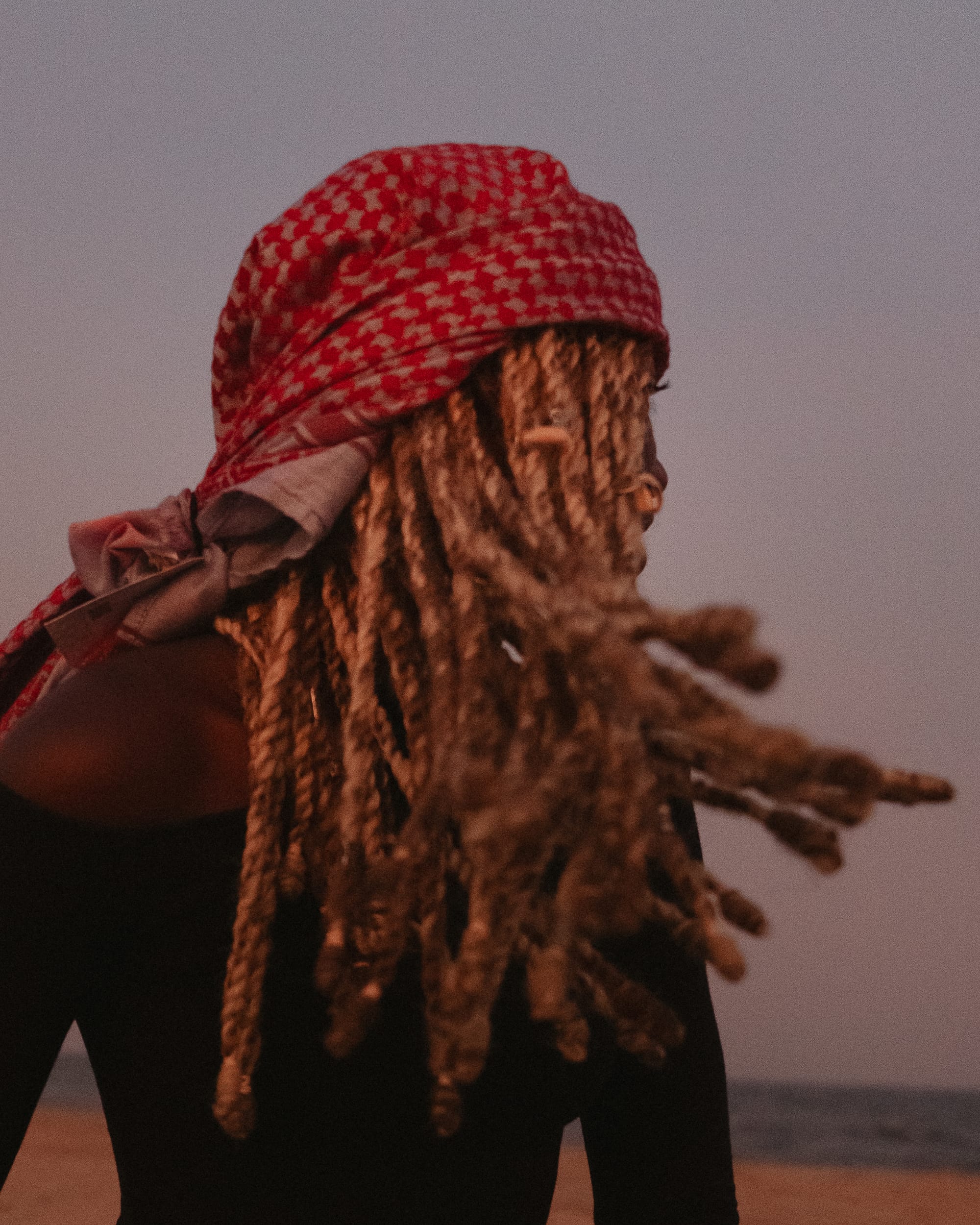
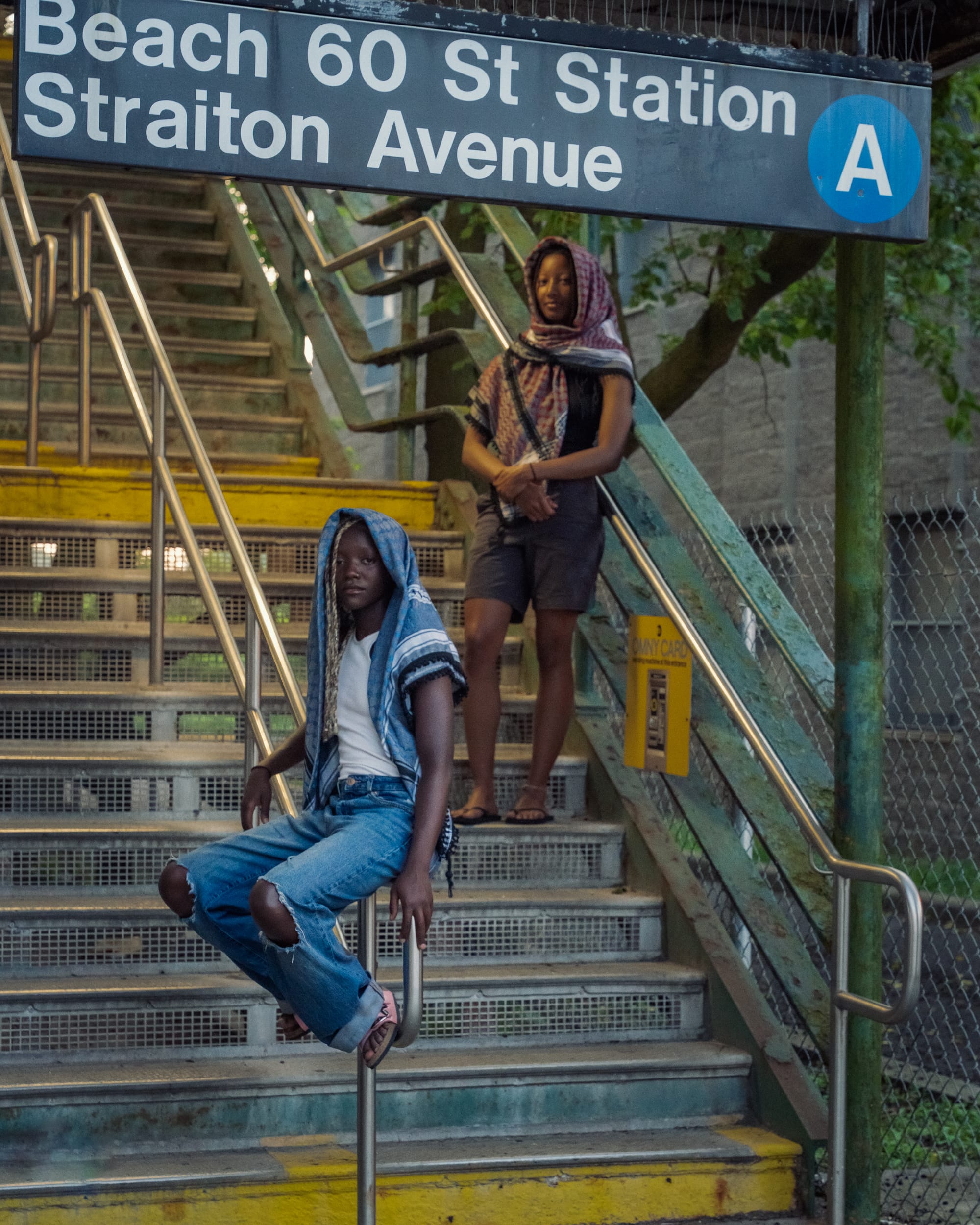
With all proceeds going to Palestinian-led organisations delivering urgent humanitarian aid in Gaza, Ventura sees the collaboration as both symbolic and practical. “It is an honour to have our work, which is an alternative to charity, featured alongside artistic work which will fundraise for charities at this dramatic point in time: reputable and highly experienced Palestinian-led organisations delivering aid in unimaginable circumstances.”
Her message to global audiences encountering SEP designs for the first time is straightforward: “That beauty is not separate from struggle, and craft is not static. These keffiyehs are alive with history, identity, and purpose. To wear one is to wear meaning and to make a universal statement.”
Looking ahead, SEP intends to expand its reach beyond Jordan. “To collaborate with refugee artists in new geographies while deepening our presence in cultural spaces globally,” Ventura says. “SEP will continue to be more than a brand: a house of heritage, identity, and social innovation.”
And despite the challenges, what keeps her moving forward is always the same. “The Artists. Their resilience, humour, and refusal to be defined by exile. Every stitch is hope made visible — and that keeps my husband and I moving forward with our Social Enterprise Project.”
Donate here.

